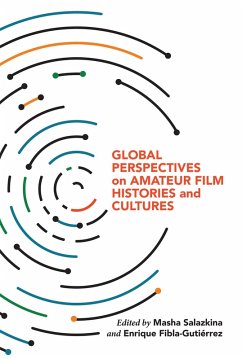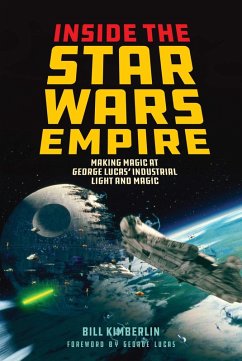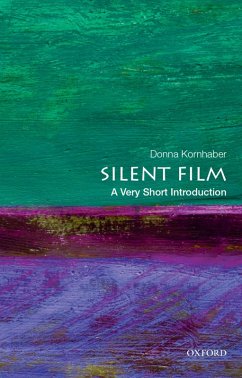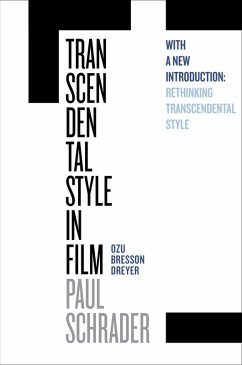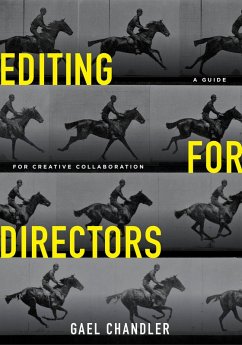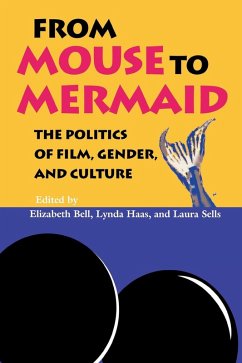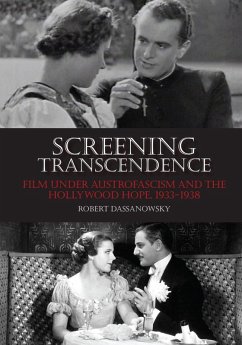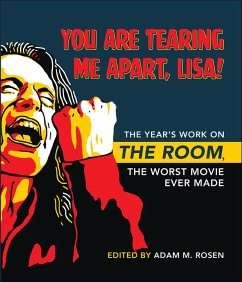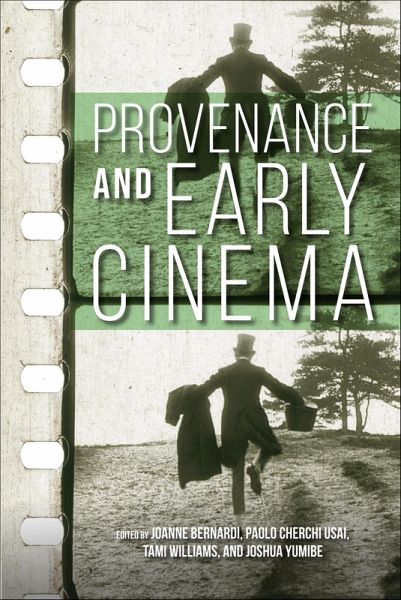
Provenance and Early Cinema (eBook, ePUB)
Versandkostenfrei!
Sofort per Download lieferbar
34,23 €
inkl. MwSt.
Weitere Ausgaben:

PAYBACK Punkte
0 °P sammeln!
Remnants of early films often have a story to tell.As material artifacts, these film fragments are central to cinema history, perhaps more than ever in our digital age of easy copying and sharing. If a digital copy is previewed before preservation or is shared with a researcher outside the purview of a film archive, knowledge about how the artifact was collected, circulated, and repurposed threatens to become obscured. When the question of origin is overlooked, the story can be lost. Concerned contributors in Provenance and Early Cinema challenge scholars digging through film archives to ask, ...
Remnants of early films often have a story to tell.
As material artifacts, these film fragments are central to cinema history, perhaps more than ever in our digital age of easy copying and sharing. If a digital copy is previewed before preservation or is shared with a researcher outside the purview of a film archive, knowledge about how the artifact was collected, circulated, and repurposed threatens to become obscured. When the question of origin is overlooked, the story can be lost. Concerned contributors in Provenance and Early Cinema challenge scholars digging through film archives to ask, "How did these moving images get here for me to see them?"
This volume, which features the conference proceedings from Domitor, the International Society for the Study of Early Cinema, 2018, questions preservation, attribution, and patterns of reuse in order to explore singular artifacts with long and circuitous lives.
As material artifacts, these film fragments are central to cinema history, perhaps more than ever in our digital age of easy copying and sharing. If a digital copy is previewed before preservation or is shared with a researcher outside the purview of a film archive, knowledge about how the artifact was collected, circulated, and repurposed threatens to become obscured. When the question of origin is overlooked, the story can be lost. Concerned contributors in Provenance and Early Cinema challenge scholars digging through film archives to ask, "How did these moving images get here for me to see them?"
This volume, which features the conference proceedings from Domitor, the International Society for the Study of Early Cinema, 2018, questions preservation, attribution, and patterns of reuse in order to explore singular artifacts with long and circuitous lives.




